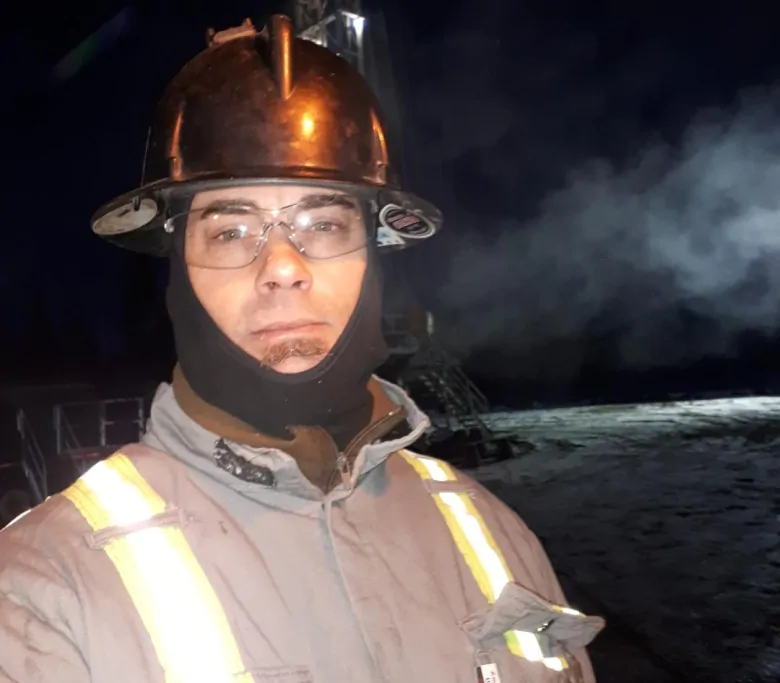Thousands of Newfoundlanders and Labradorians have made the trek out west to work. But with the pandemic and oil crash sapping the economic lifeblood of Alberta, the ripple effects are being felt at home.

Andrew Ivany says the relationship between the province he calls home and the province he’s travelled to for work remains strong.
“Like they say, Fort Mac is the second biggest city in Newfoundland,” he said, referring to Fort McMurray.
“Alberta and Newfoundland go hand in hand.”
Ivany recently drove thousands of kilometres back home. The trip was bookended by quarantines at his job site in Sylvan Lake, near Red Deer, before he left, and at a relative’s cabin on the Avalon Peninsula when he arrived in Newfoundland.
“Alberta has provided a lot of opportunity for Newfoundlanders,” Ivany told CBC News.
“I mean, it’s a place for guys [who] don’t grow up with much, and we go out and we work hard. Alberta is just like a second home. That’s how I consider it, anyways.”
Ripple effects felt across the country
Ivany is one of thousands of Newfoundlanders and Labradorians who’ve made the trek out west to seek out that opportunity.
And with the pandemic and oil crash sapping the economic lifeblood of Alberta, the ripple effects are being felt at home, too.
The problems come on top of already severe problems in Newfoundland and Labrador’s own oil industry. Drilling has been halted at the Hibernia platform, the Terra Nova field has already been dormant for months, and an ambitious deepsea project has been put on the backburner.

A recent report predicted that Alberta’s economy would shrink by an unprecedented 5.8 per cent in 2020, and unemployment could average more than 11 per cent.
All that bad news out west could have a big impact in the east.
While some people pull up stakes and move, many don’t. For them, it’s a commuter existence — fly-in, fly-out — earning Alberta dollars that help some Newfoundland outports stay afloat.
“It’s very clear that COVID-19 is posing major problems for these workers and their families, in the sense that it’s very difficult now to be mobile, to live in this province and work in other provinces,” said Barbara Neis, a distinguished research professor of sociology at Memorial University.
Significant effect on N.L. economy
Neis runs a project called On The Move, a national partnership that studies the mobile labour force.
That labour force has had a big impact on the economy in Newfoundland and Labrador.
“It’s like an iceberg. We’ve had this — particularly in some regions — this large population, we’re talking about thousands of workers, who have relied on being mobile in and out of the province and helped to sustain rural communities,” Neis said.
Like an iceberg, much of the current data that would reveal the scope of the issue remains below the surface.

There is a years-long lag in Statistics Canada figures on how much workers who live in one province make elsewhere.
But historic numbers show that the contribution is significant.
In 2014, workers living in Newfoundland and Labrador made nearly $1.1 billion in earnings in other provinces. More than $700 million of that total was earned in Alberta.
Resident employees — people who lived and worked in Newfoundland and Labrador — made just over $11 billion.
So for every $10 made inside the province that year, about $1 was earned outside the province — the vast majority of that, in Alberta.
That year, more than 19,000 people living in Newfoundland and Labrador ea

